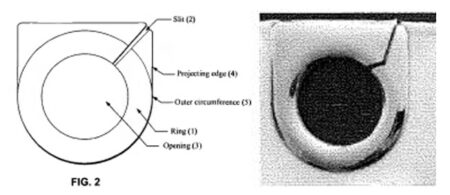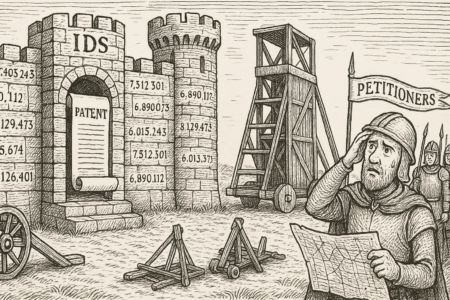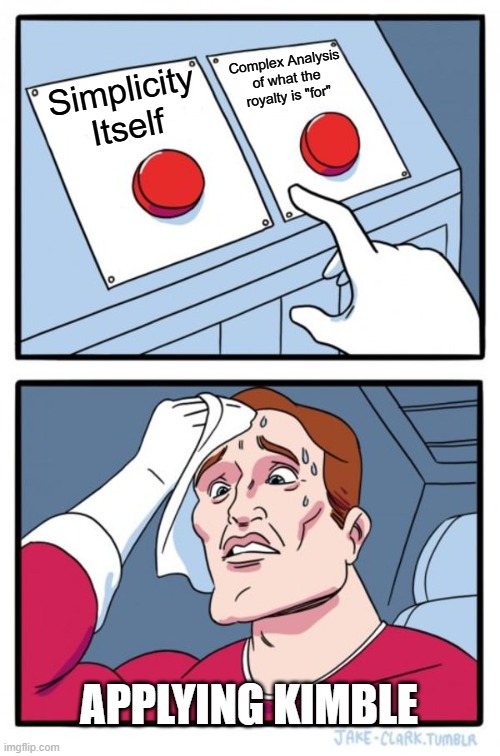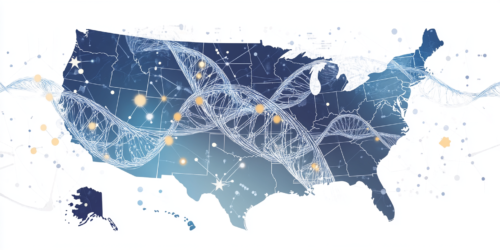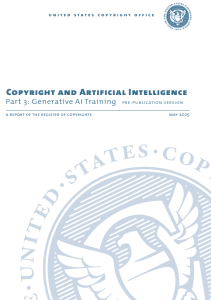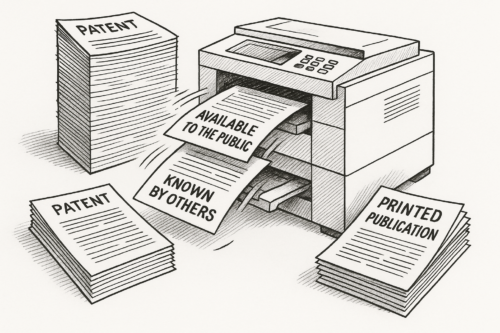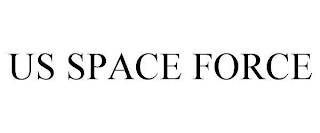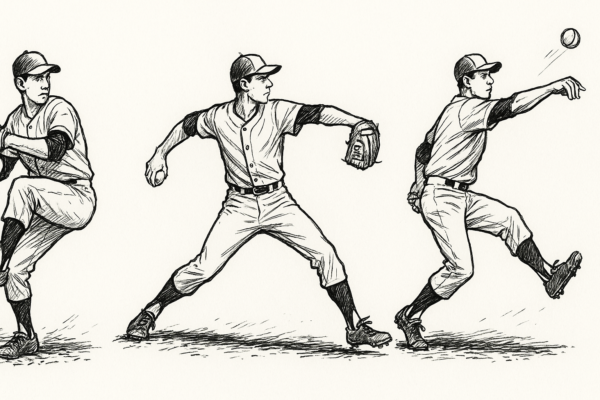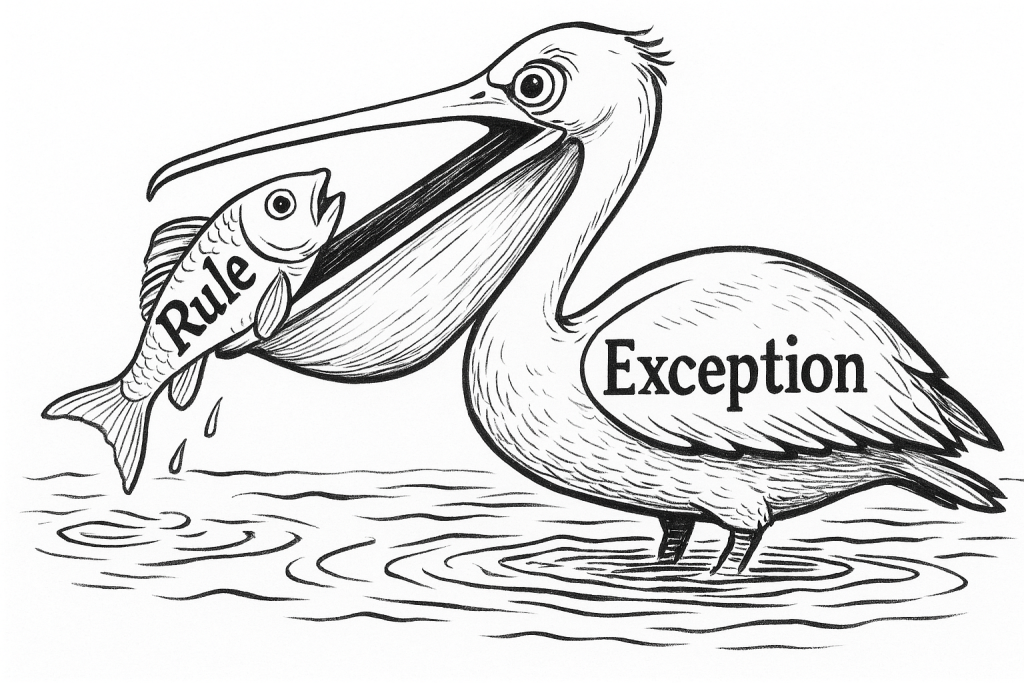by Dennis Crouch & Tim Knight
The Supreme Court will hold its conference on May 29, 2025, to decide whether to grant certiorari in RADesign, Inc. v. Michael Grecco Productions, Inc. (No. 24-768), a case that could fundamentally reshape how copyright’s three-year statute of limitations operates. The petition, which has attracted significant attention from copyright scholars and practitioners, presents a deceptively simple question with profound implications: whether a copyright infringement claim “accrues” when the infringement occurs (the “injury rule”) or when the copyright holder discovers or reasonably should have discovered the infringement (the “discovery rule”). Although the circuit courts all appear to agree that some form of a discovery rule should persist, we believe the deeper question is the rule’s form. We believe in this case that the district court offered the better approach by permitting the discovery rule, but only after taking a contextual approach requiring reasonable diligence that considers the copyright holder’s circumstances while maintaining meaningful protections against fraudulent concealment.
- Dennis Crouch, Bane and Antidote: Copyright Statute of Limitations, PATENTLY-O (Feb. 23, 2025).
- Dennis Crouch & Tim Knight, Discovery, Injury, and Diligence: Reconciling Subjective and Objective Copyright Limitations Standards Post-Warner Chappell, PATENTLY-O (Jan. 2, 2025).
- Dennis Crouch & Timothy Knight, Pour Me Another: The Supreme Court Revisits the ‘Bad Wine’ of the Copyright Discovery Rule, PATENTLY-O (Feb. 21, 2024).
- Dennis Crouch, Discovering the Limit: Calculating the Copyright Damages Timeline, PATENTLY-O (Sept. 14, 2023).
Michael Grecco, a professional photographer, took photographs of model Amber Rose in 2017, wearing shoes designed by Ruthie Davis. Grecco alleges that Davis’s company, RADesign, reposted some of these photos on its website and social media platforms without authorization. Although the photos were posted in 2017. Grecco claims he did not discover this infringement until February 2021 and filed suit in October 2021, four years after the alleged infringement began but less than one year after his claimed discovery.
The copyright statute of limitations, § 507(b), requires any lawsuit be filed “within three years after the claim accrued,” and RADesign moved to dismiss the case as time-barred since it was filed four years after the infringing acts. The district court agreed, although it did consider whether to extend the statute of limitations based upon the copyright holder’s delay in discovering the infringement. Applying a “reasonable diligence” standard, the court concluded that someone in Grecco’s position—specifically, a sophisticated copyright holder with extensive enforcement experience—should have discovered the infringement within the three-year limitations period. This sophistication includes the filing of 100+ copyright infringement actions. Grecco’s own complaint touted his extensive history of actively policing infringements and litigation, making late discovery implausible under those specific circumstances.
On appeal, however, the Second Circuit reversed. The appellate court held that the discovery rule uniformly determines when copyright claims accrue, irrespective of a plaintiff’s sophistication or enforcement history. According to the panel, there is no special diligence standard for sophisticated plaintiffs; instead, the discovery rule must be applied objectively, uniformly, and without presumptions. Since the complaint itself did not conclusively show that Grecco should have discovered the infringement earlier, the Second Circuit reinstated the suit. One takeaway from the Second Circuit decision is that it creates the anomalous result where undercapitalized first-time participants with no legal experience or monitoring capabilities are asked to conduct the same level of monitoring as the largest, most sophisticated copyright holder with vast monitoring resources. We think this is wrong. To be clear, we are not necessarily arguing for two different standards, but rather an approach that places the reasonableness within the factual context – what would have been reasonable for the copyright holder to do in the given situation.
Further, the objective standard adopted by the Second Circuit is not in the spirit of the discovery rule. The core of the discovery rule is based on a known or should have known standard. While there may be a debate on the requisite level of monitoring diligence by the copyright holder, the Second Circuit essentially eliminates this standard. Rather, the appellate court’s opinion more effectively reduces the discovery rule to merely a knowledge standard.
RADesign’s pending Supreme Court petition challenges the Second Circuit’s interpretation and presents the following question: Does a copyright infringement claim accrue when the infringement occurs (injury rule) or when the infringement is discovered or reasonably should have been discovered (discovery rule)? The petition is set for conference on May 29, 2025, with extensive briefing and amici participation already completed. This includes an excellent amicus brief from Prof. Tyler Ochoa. Although the circuit courts appear to be continuing to maintain a discovery rule in copyright cases, Justice Gorsuch’s 2024 dissent in Warner Chappell Music v. Nealy argued strongly against the discovery rule as inconsistent with the statutory text and traditional limitations principles. (more…)



